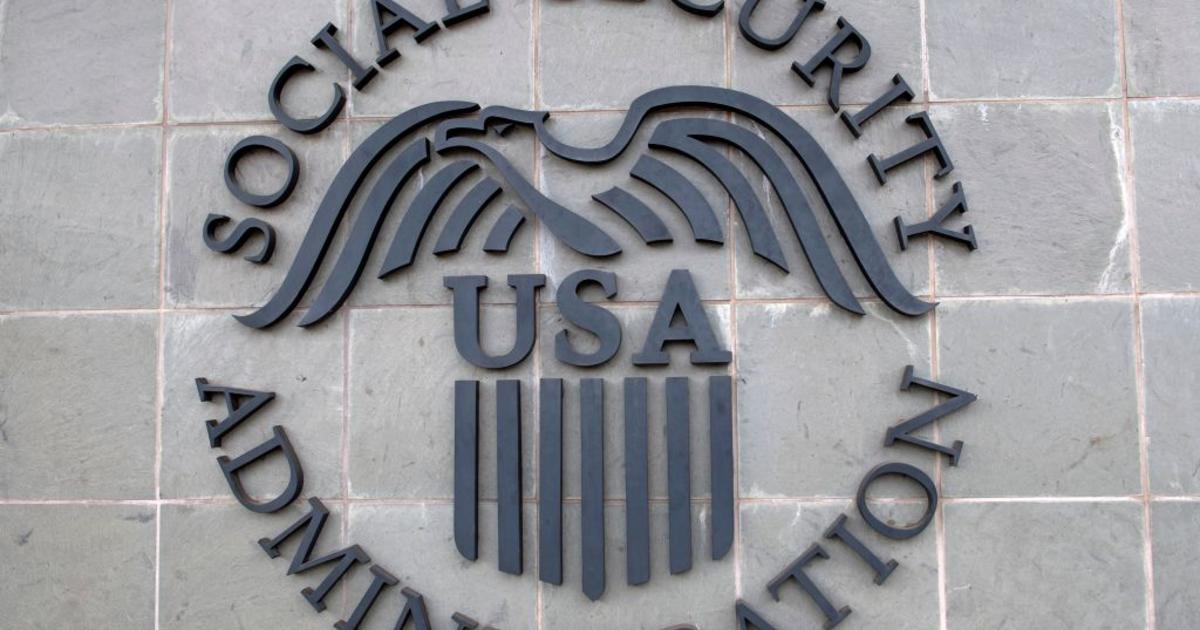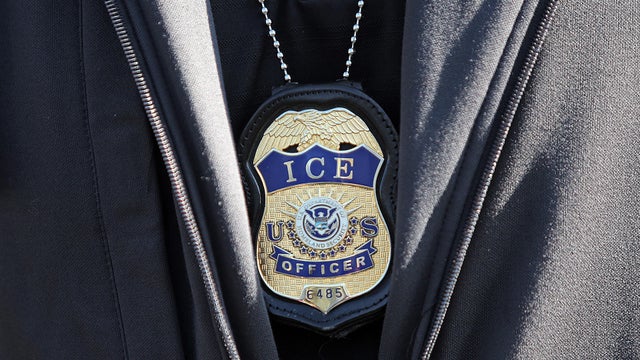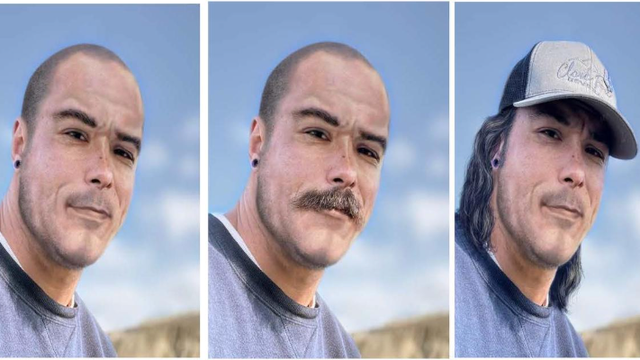

The Social Security Administration (SSA) is facing renewed scrutiny after its Chief Data Officer, a key figure in the agency's modernization efforts, resigned following the filing of a whistleblower complaint. The details surrounding the complaint remain largely undisclosed, protected by confidentiality clauses typical in such situations. However, sources familiar with the matter suggest the complaint alleges mismanagement, potential violations of federal regulations, and possibly a cover-up concerning the handling of sensitive data. The resignation of the Chief Data Officer (CDO) sends shockwaves through the SSA, underscoring potential vulnerabilities in its data security and internal controls. The CDO's role is crucial in overseeing the agency's massive datasets – encompassing the personal information of millions of Americans – ensuring data integrity, compliance with privacy laws, and efficient utilization for program administration. Their departure raises serious questions about the ongoing modernization initiatives and the agency's capacity to safeguard sensitive beneficiary data. The specifics of the whistleblower complaint are currently under investigation, potentially by the Office of Special Counsel (OSC) or other relevant investigative bodies. The outcome of this investigation will be critical in determining the extent of the alleged wrongdoing and the repercussions for the SSA. If the allegations are substantiated, it could lead to significant reforms within the agency, impacting not only its data management practices but also its overall operational efficiency and public trust. The situation highlights the importance of robust whistleblower protection laws and the crucial role whistleblowers play in maintaining governmental accountability and transparency. The public will likely be closely watching the developments of this investigation, hoping for a thorough and transparent process that addresses the concerns raised and ultimately strengthens the SSA's ability to protect the data of its beneficiaries. The long-term implications for the SSA's modernization efforts and its overall effectiveness remain to be seen.

Charles Borges, the chief data officer at the Social Security Administration, resigned Friday — days after filing a whistleblower complaint about employees at the SSA.
He said in the complaint that the DOGE employees had uploaded a copy of the entire country's Social Security information to a "vulnerable cloud environment." Borges' resignation from the SSA was confirmed by the Government Accountability Project, which is providing his legal representation.
A Social Security Administration spokesperson refuted the claim in a statement, saying that the data referenced had been "walled off" from the internet, and the SSA is "not aware of any compromise to this environment."
"The data referenced in the complaint is stored in a long-standing environment used by SSA and walled off from the internet," the spokesperson said.
In June, the Supreme Court temporarily a lower court's injunction and cleared the way to allow DOGE to access sensitive Social Security information. Two labor unions and an advocacy group had filed a complaint claiming that allowing the access would violate the Privacy Act and a federal law. A lower court agreed with the plaintiffs and issued an injunction, and an appellate court also declined to lift the stay. Solicitor General D. John Sauer then appealed to the Supreme Court, arguing that the injunction was forcing the executive branch to stop federal employees tasked with modernizing government systems from accessing the data contained within them.
In Borges' resignation letter, sent Friday to SSA Commissioner Frank Bisignano, he wrote that he was resigning involuntarily because of "SSA's actions against me, which make my duties impossible to perform legally and ethically." He said his departure constituted a "constructive discharge."
Borges said in his letter that he has faced retaliation since he reported his concerns internally and subsequently submitted his whistleblower complaint. "I have suffered exclusion, isolation, internal strife, and a culture of fear, creating a hostile work environment and making work conditions intolerable," he wrote.
He alleged that "newly installed leadership" in the IT and executive offices at SSA "created a culture of panic and dread, with minimal information sharing, frequent discussions on employee termination." And Borges claimed that repeated requests for visibility into activities he found questionable were "rebuffed or ignored by agency leadership."
Andrea Meza, a GAP attorney representing Borges, said in a that Borges "no longer felt that he could continue to work for the Social Security Administration in good conscience given what he had witnessed." Meza said Borges "will continue to work with the proper oversight bodies."
Borges had served as SSA's chief data officer since January. Before that, he worked at the Centers for Disease Control and Prevention and was a White House Presidential Innovation fellow during the Biden administration, according to LinkedIn. He had also served in data handling roles in the Naval Air Warfare Center Aircraft Division and the Naval Air Systems Command.
On LinkedIn Friday, he , "It is never wrong to be morally and ethically right with yourself."
Asked about Borges, an SSA spokesperson declined to comment on personnel matters.





